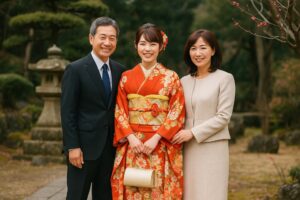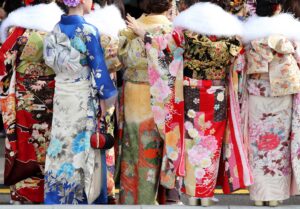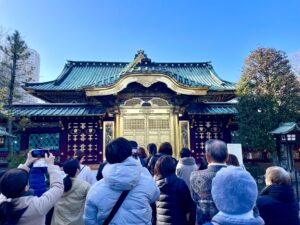Baseball is more than just a sport in Japan; it’s a cultural phenomenon deeply ingrained in the country’s history and society. This article explores the origins of Japanese baseball, its development into the national pastime, and the unique cultural elements that make it distinct. We will also look at its modern-day popularity, the influence of international players, and how it compares to baseball in other parts of the world. Finally, we will spotlight the immense popularity of Shohei Otani and his role in shaping contemporary enthusiasm for Japanese baseball.
History of Baseball in Japan
Baseball was introduced to Japan in the late 19th century, primarily by American educators and missionaries. Its adoption was swift, with the sport quickly gaining popularity among the youth and in academic institutions. By the early 20th century, baseball had become a staple in Japanese school curricula, promoted heavily by universities and amateur leagues. The early influence of key figures, such as Horace Wilson, who introduced the game to Japan, and the 1934 tour by Major League Baseball (MLB) players, cemented baseball’s place in Japanese society. The establishment of the first professional teams in the 1930s marked the beginning of a new era for Japanese baseball, setting the stage for its evolution into a national pastime.
The Rise of Professional Baseball
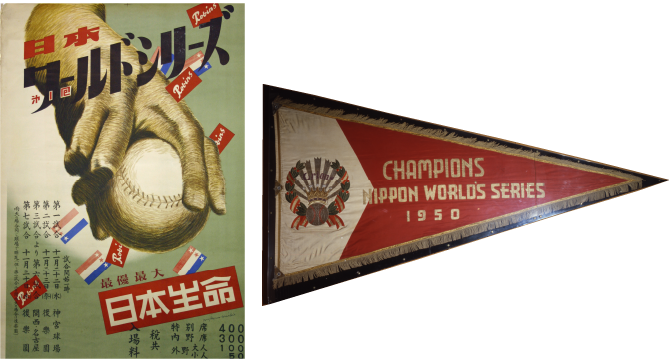
The formation of the Nippon Professional Baseball (NPB) league in 1950 was a pivotal moment for Japanese baseball. The NPB, consisting of the Central League and Pacific League, provided a structured platform for professional play and rapidly gained a massive following. Major teams like the Yomiuri Giants and Hanshin Tigers became household names, attracting large fan bases and media coverage. The NPB played a crucial role in shaping Japanese baseball culture, emphasizing discipline, teamwork, and a unique approach to the game that resonated with Japanese societal values.
Cultural Significance of Baseball in Japan
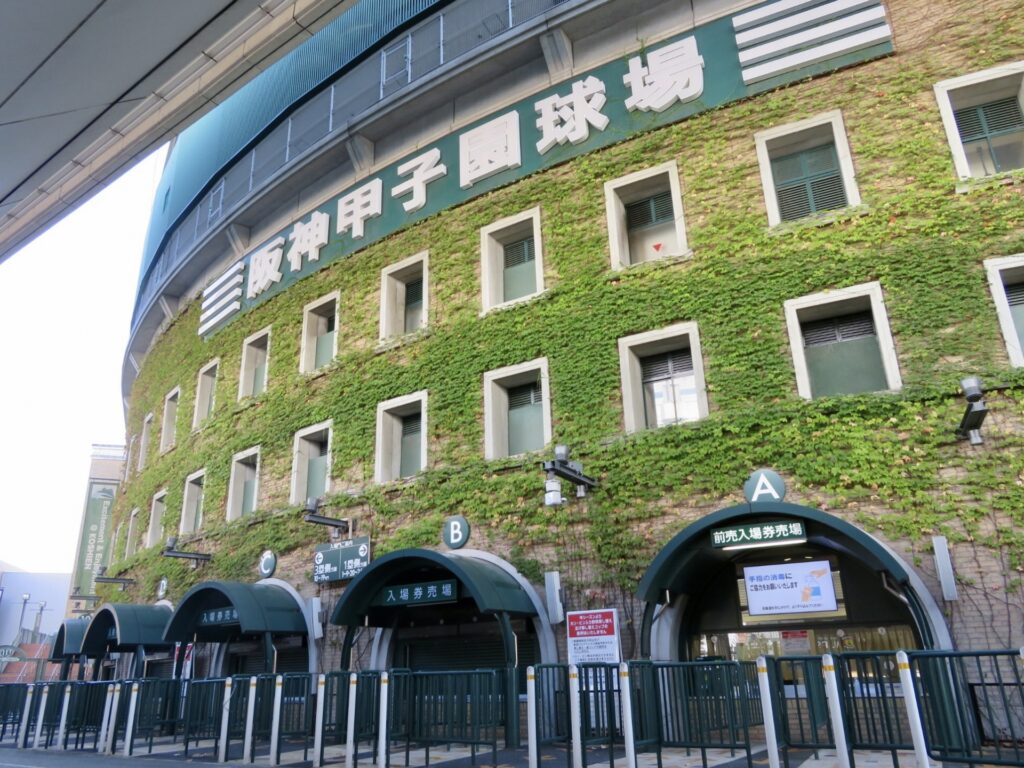
Baseball in Japan is more than a game; it is a cultural staple interwoven into the fabric of daily life. High school baseball, particularly the annual Koshien tournament, is a significant event that garners national attention. This tournament not only showcases young talent but also embodies ideals of perseverance, sportsmanship, and community spirit. Unique traditions, such as the ceremonial bowing before and after games, chanting and singing by fans, and the meticulous care of the playing fields, reflect the deep respect and ritualistic nature of Japanese culture.
Comparing Japanese and American Baseball

While both Japan and the United States share a passion for baseball, the cultures around the game differ significantly. Japanese baseball is characterized by a focus on fundamentals, team play, and a more disciplined, methodical approach to the sport. The fan experience is also distinct, with organized cheering sections, orchestrated chants, and a communal atmosphere that contrasts with the often individualistic nature of American fan behavior. The style of play, rules, and even the baseballs used differ slightly, adding to the unique flavor of Japanese baseball. The influence of American players in Japan and vice versa has led to a cultural exchange that enriches both versions of the sport.
Shohei Otani: A Modern Icon of Japanese Baseball
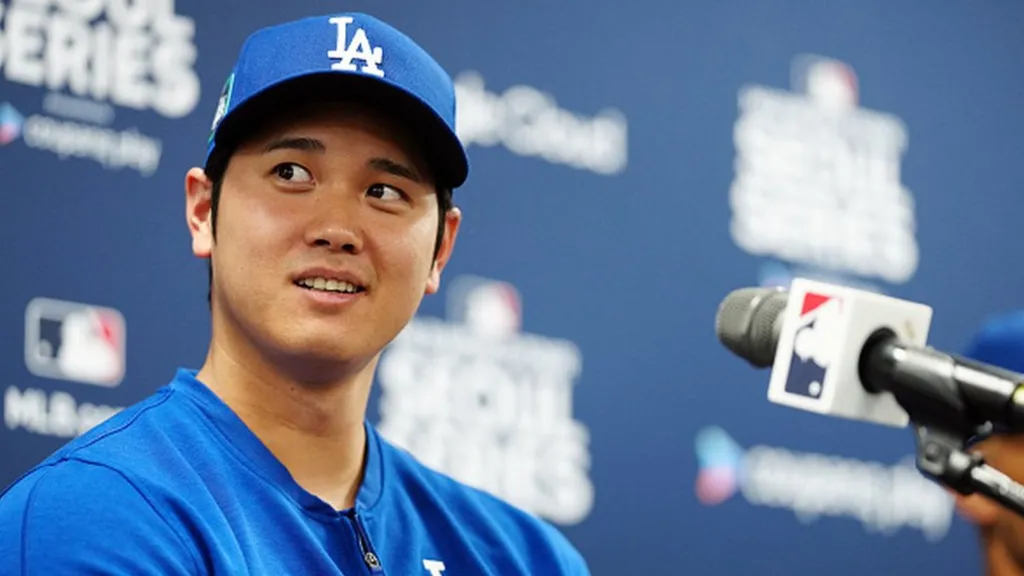
Shohei Otani is a name synonymous with modern baseball excellence. His career began in Japan with the Hokkaido Nippon-Ham Fighters before he made the groundbreaking move to MLB, where he became known for his dual-threat capability as both a pitcher and a hitter. Otani’s success has captivated fans worldwide, breaking stereotypes and setting new standards for what is possible in the sport. His influence extends beyond the field, inspiring young athletes in Japan and contributing to the growing global appeal of Japanese baseball.
Modern-Day Influence and Global Impact

Japanese players have increasingly made their mark on Major League Baseball, with stars like Ichiro Suzuki, Hideki Matsui, and Shohei Otani becoming international icons. This global exchange has enriched the sport, bringing new techniques, training methods, and cultural elements to the forefront. The presence of international players in the NPB has also contributed to the sport’s development, promoting a more diverse and inclusive environment. Efforts to globalize Japanese baseball, such as international exhibitions and collaborations, are enhancing its appeal to fans worldwide.
Future of Baseball in Japan
The future of baseball in Japan looks promising, with strong grassroots initiatives promoting the sport among youth. However, challenges such as competition from other sports and entertainment forms pose potential hurdles. Continued investment in training, facilities, and international collaborations will be essential to maintain the sport’s popularity and relevance. As Japanese baseball evolves, it will likely adapt to global trends while preserving the unique cultural elements that make it special.
Conclusion
Baseball in Japan is a rich tapestry of history, culture, and modern innovation. Its evolution from a foreign pastime to a beloved national sport highlights the adaptability and passion of the Japanese people. With stars like Shohei Otani leading the way, Japanese baseball continues to inspire and captivate audiences, bridging cultural gaps and uniting fans from around the world.







